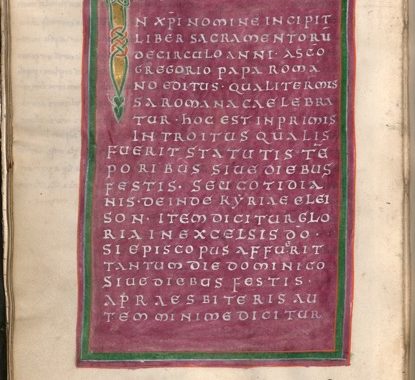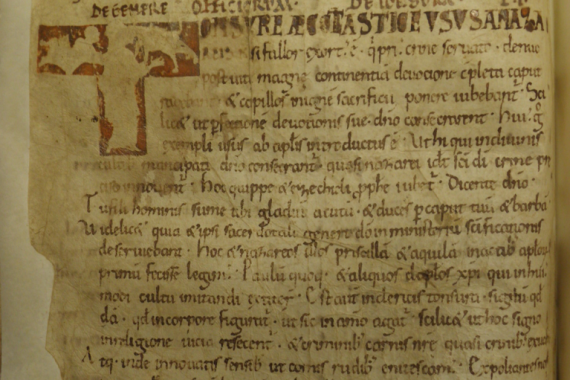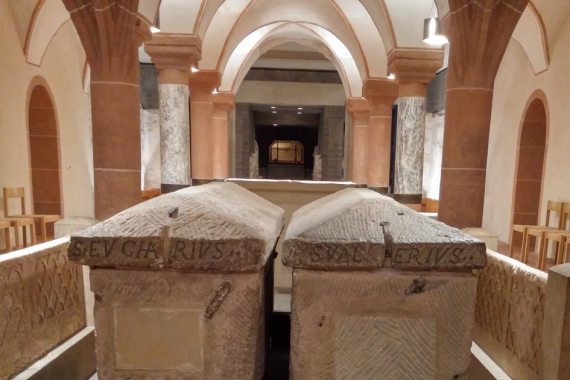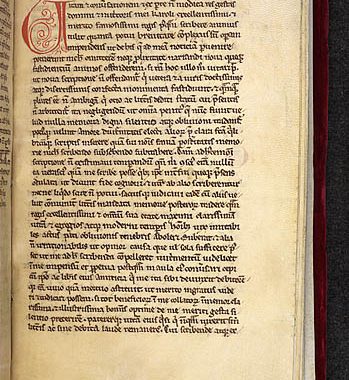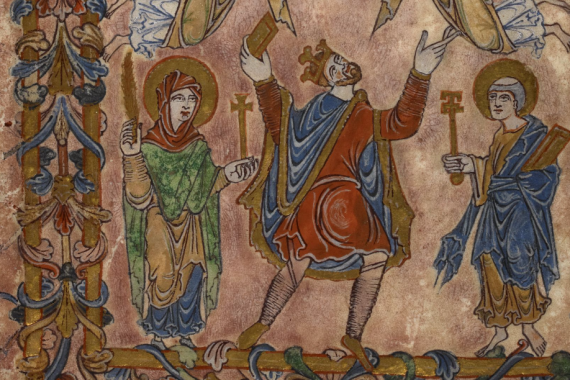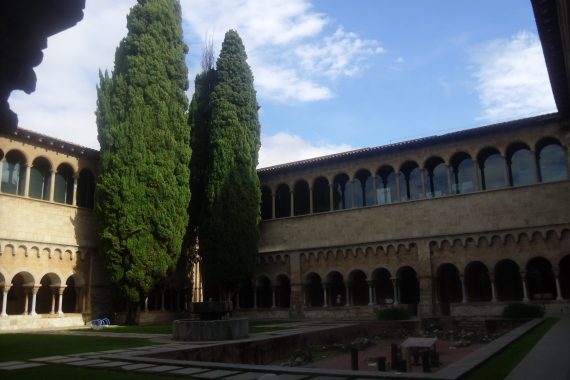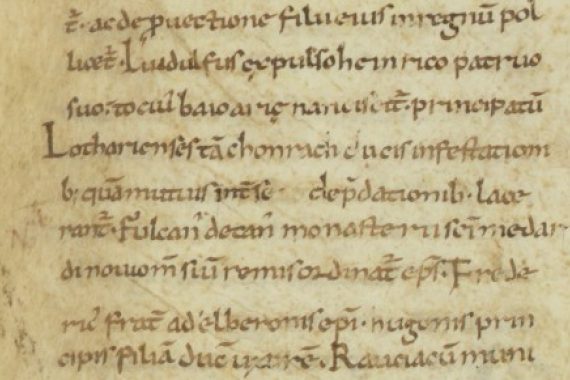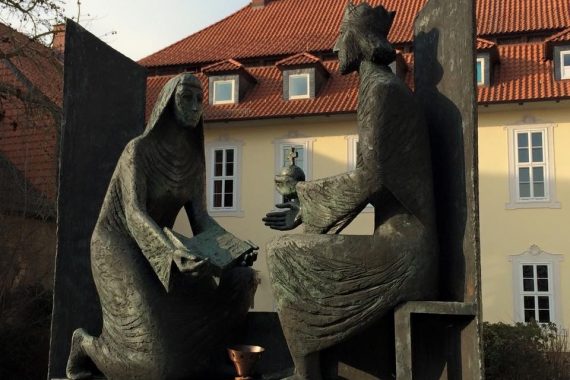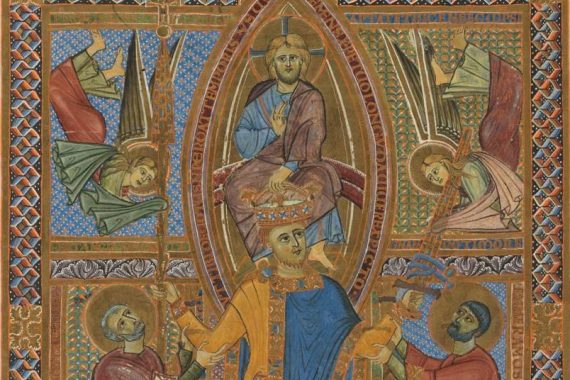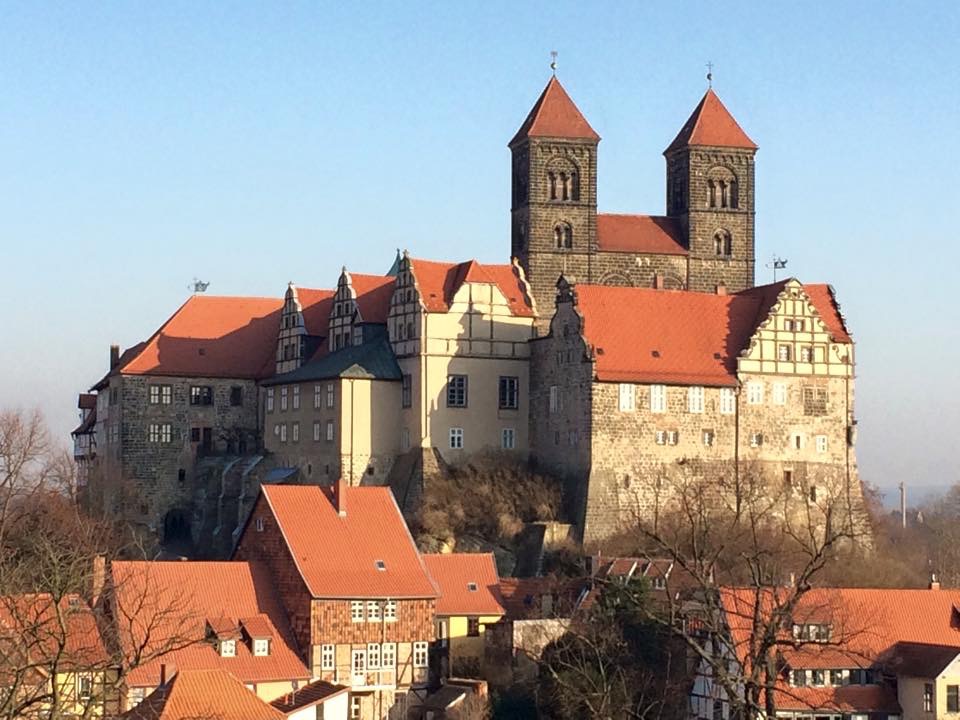Liturgy and authority in the post-Carolingian world
The characterisation of the tenth century as a dark age for historical written sources has deep roots. But the liturgy constitutes one area where manuscripts survive in increasing quantities from the years 900 to 1050 compared to those copied in the previous century and a half. Moreover, such records exist for communities for which we…

